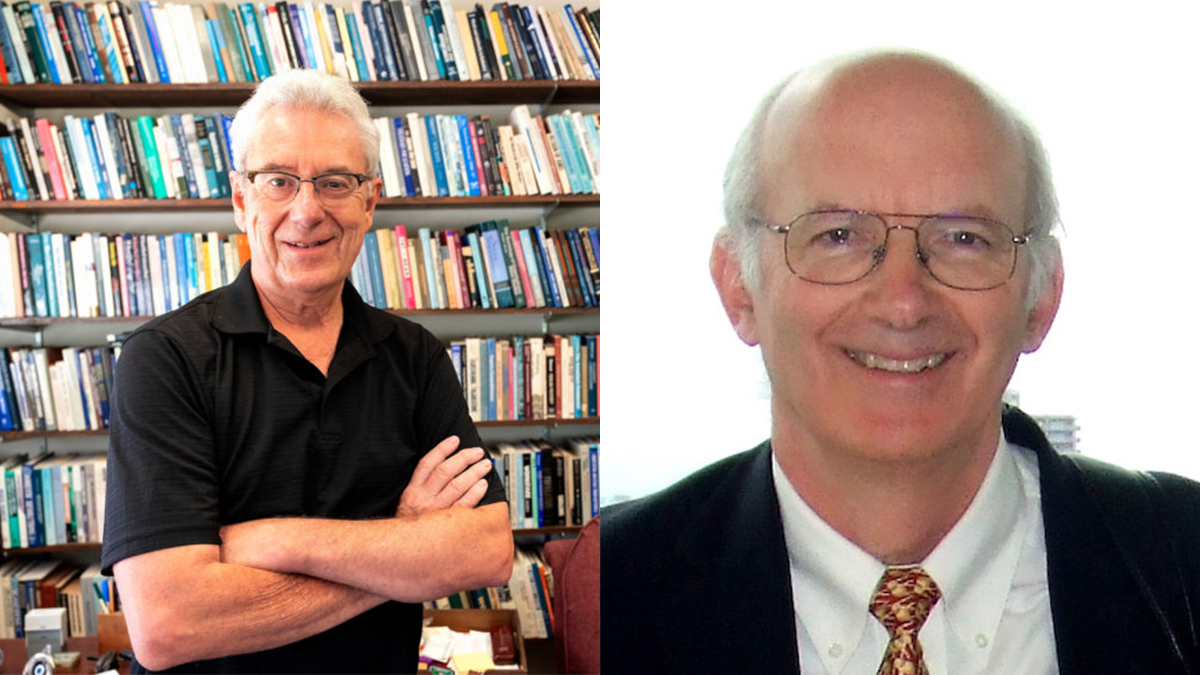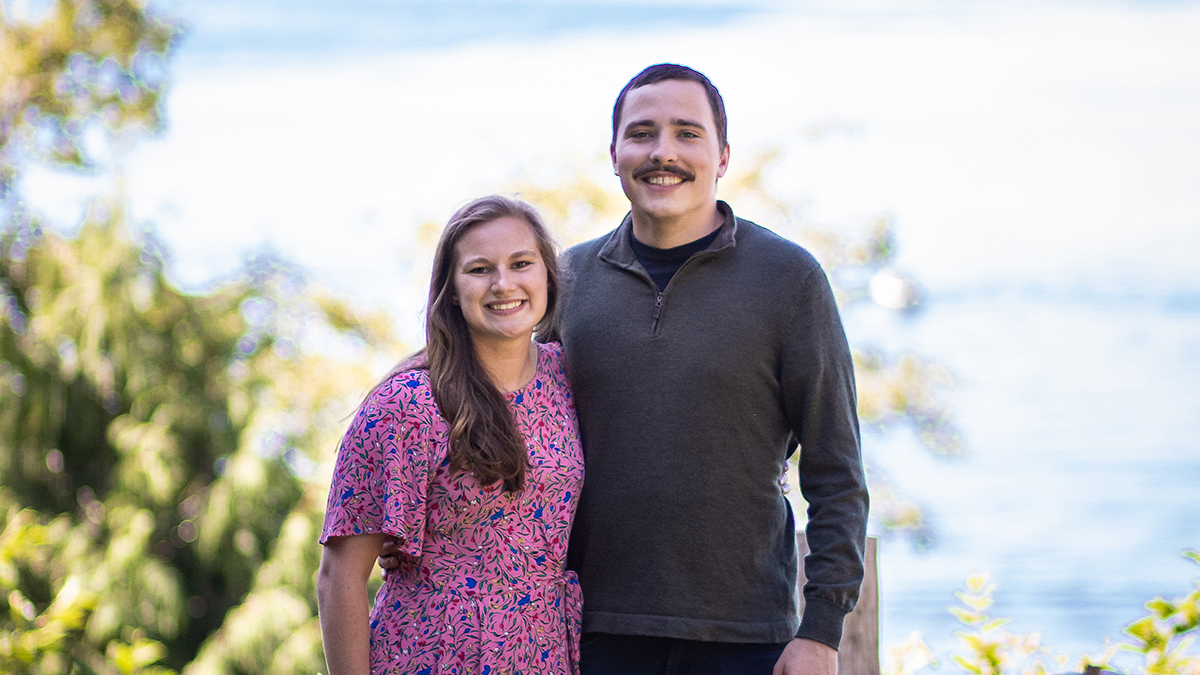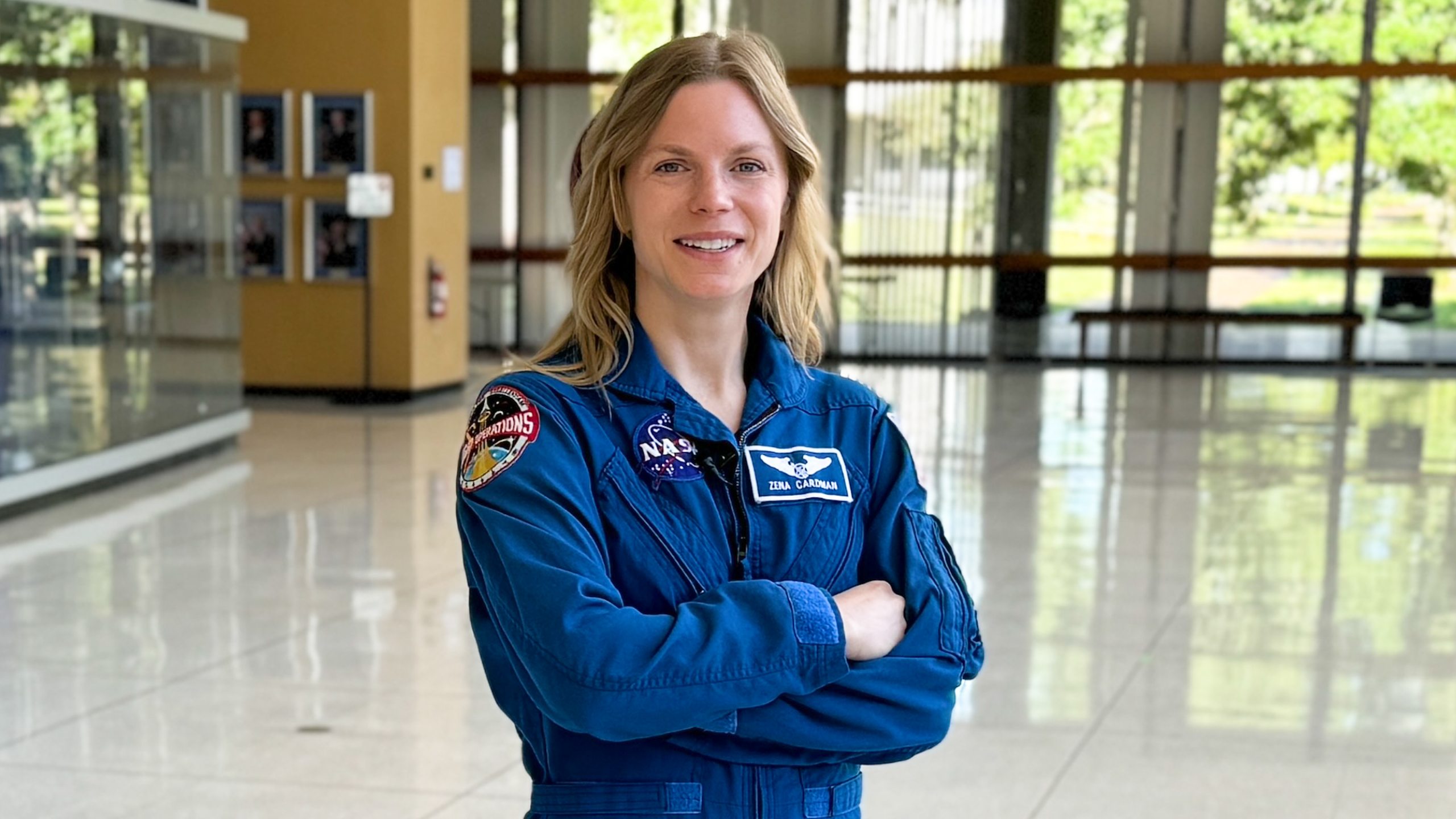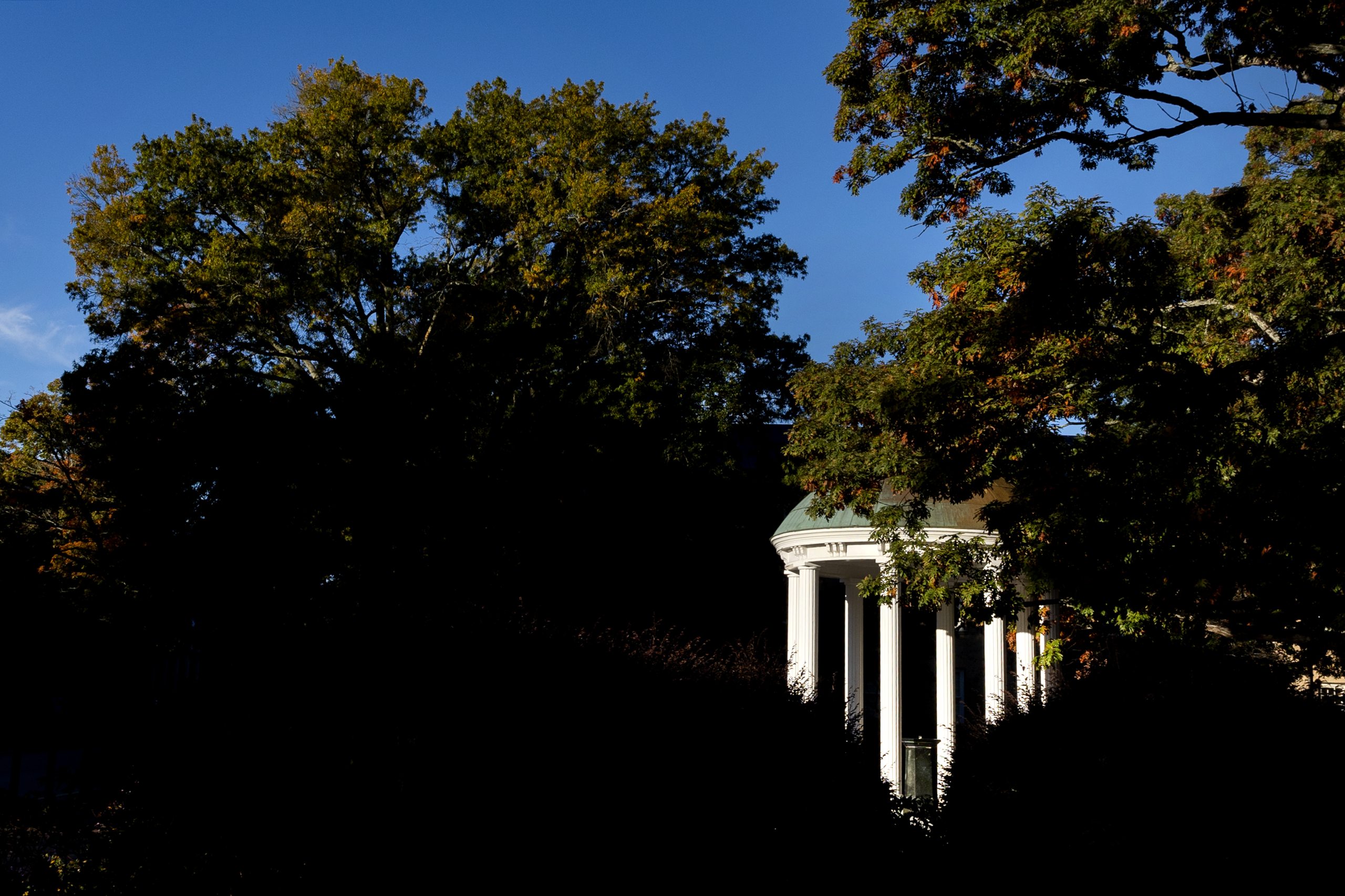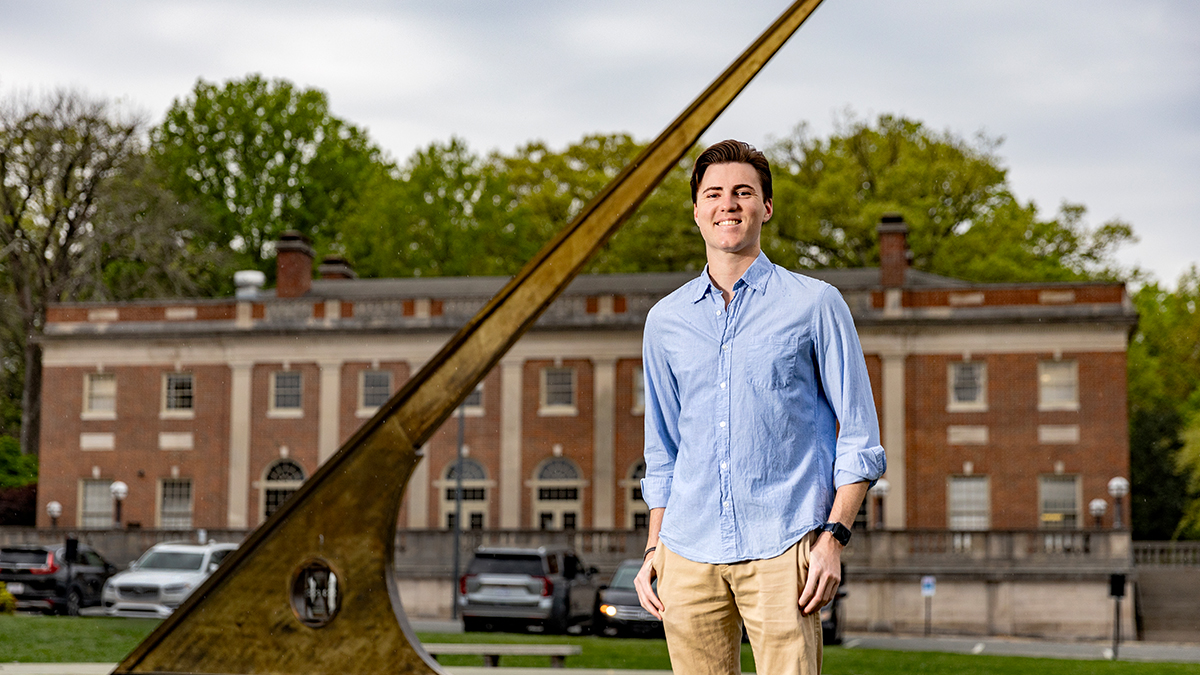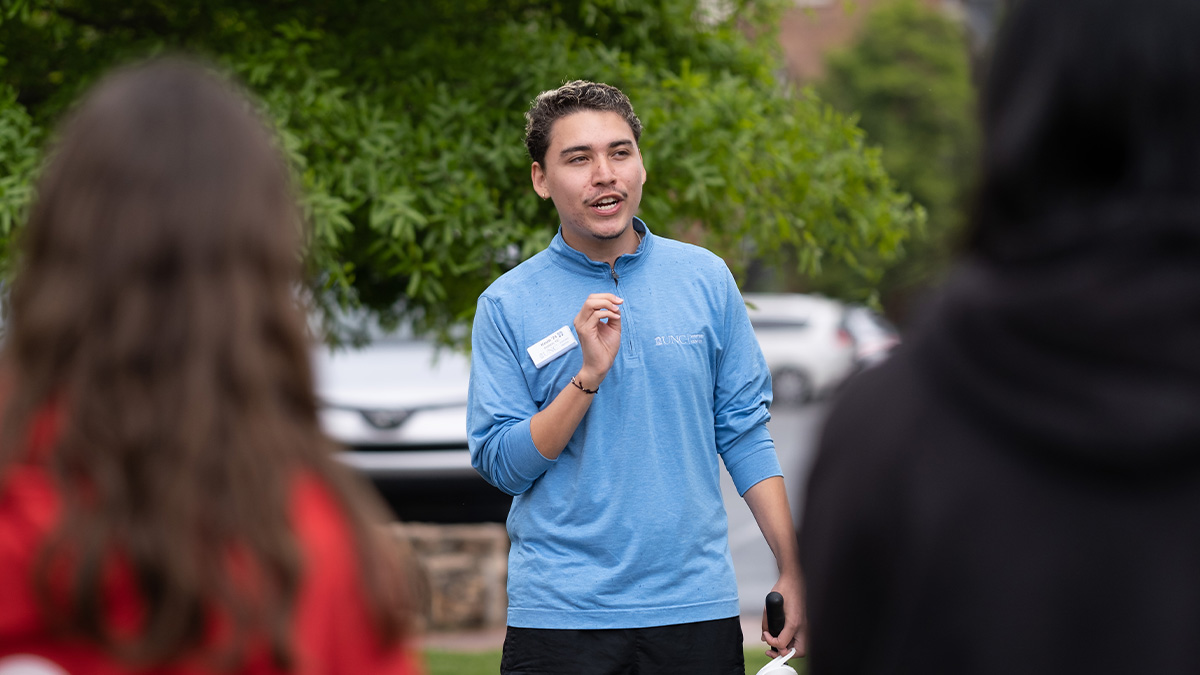Learn from this ‘border walker’
Rick West Jr., former museum director and lawyer who protected American Indian heritage, will be elder-in-residence.
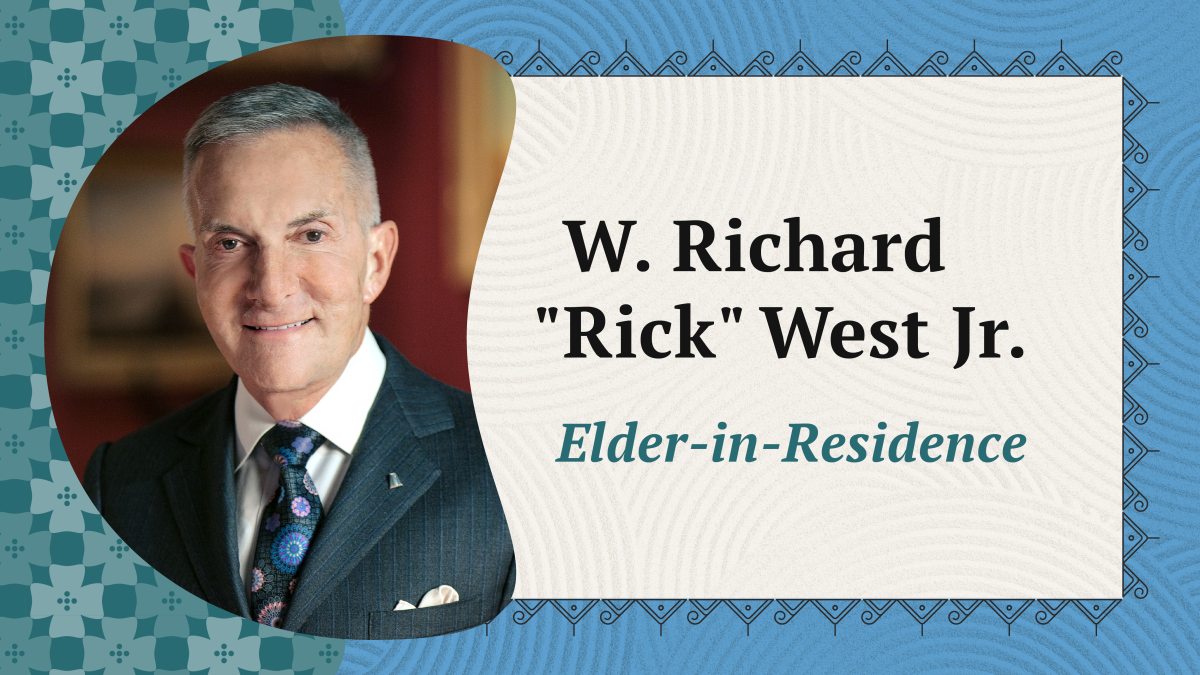
Cheyenne. Son. Brother. Husband. Lawyer. Museum director.
W. Richard “Rick” West Jr., founding director and director emeritus of the Smithsonian Institution’s National Museum for the American Indian, will bring those identities and experiences to Carolina Feb. 19-23 as elder-in-residence.
The Elder-in-Residence Program, sponsored by the UNC American Indian Center and the American Indian and Indigenous studies concentration in the College of Arts and Sciences’ American studies department, brings respected American Indian elders to Carolina to foster cultural, academic, social and spiritual support for students and the campus community. Selected elders have come from all parts of the country and are chosen for their deep cultural knowledge and leadership in Native causes. The center will host drop-in conversations with West 2:30-3:30 p.m. Feb. 20 and 9:30-10:30 a.m. Feb. 21.
West will speak at the Ackland Art Museum on Feb. 21 at 4 p.m. The talk is sponsored by the UNC American Indian Center as part of the weeklong Elder-in-Residence Program and presented in connection with “Past Forward: Native American Art from Gilcrease Museum.” The event is free, but registration is required.
“During my time at UNC, I hope to communicate my optimism for the future,” West said. “Native people are in a renaissance. We have grasped the future, lived through the present, lived past the history and are ready to do things that pull the community together.”
The center’s support for and strengthening of Native community and the University’s growing Indigenous studies efforts are evidence of the renaissance, West said.
“Traditionally, museums situate Native peoples as existing only in the past,” said Danielle Hiraldo, American Indian Center director. “As UNC’s elder-in-residence, Rick West provides our campus community with the opportunity to learn about the ways Native peoples continue to use arts and material culture as expressions of who we are today. We look forward to him inviting us to consider how museums can support, rather than undermine, tribal sovereignty and self-determination.”
A border walker
A citizen of the Cheyenne Tribe in Oklahoma, West was born in San Bernardino, California, while his father was at sea for the U.S. Navy during World War II. After the war, the family moved to Muskogee, Oklahoma. They lived in a former mission school for Native students near family and community.
“Growing up for me was unique in that I am Native on my father’s side, but my mother was non-Native,” West said. His father, a painter and sculptor, and his mother, a musician, “were at a loss as to how that produced a lawyer, and my brother, who worked for a bank,” he said.
With a bachelor’s degree from the University of Redlands, a master’s degree from Harvard University and a law degree from Stanford Law School, West calls himself a “border walker.” He clerked for a U.S. Court of Appeals judge and worked in Washington, D.C., and New Mexico for 17 years as legal counsel to Indian tribes and organizations.
“I represented Native interests in a legal system that was not ours. I was close to where those worlds interacted,” West said. “That was about protecting the legal and constitutional prerogatives of tribes,”
As director of the National Museum for the American Indian, he served at a time of legal and constitutional reforms for the Native community and in how museums treated items belonging to Native descendants. “There was a long history of Native peoples having love-hate relationships with museums. We loved them because most of our stuff sat in them. We hated them for the same reason,” West said.
West also is president and CEO emeritus of the Autry Museum of the American West in Los Angeles and a peace chief of the Southern Cheyenne.
